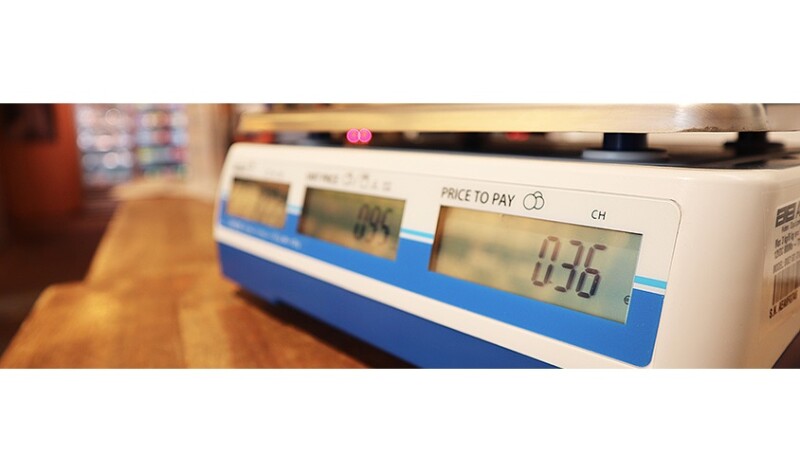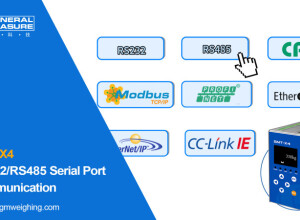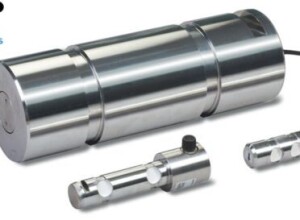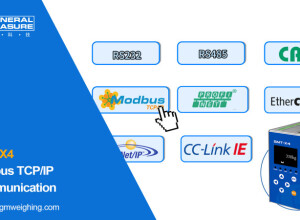Inscale Scales Ltd (United Kingdom) - Shop scales - or retail scales as they’re also commonly referred to - are essential for any shop or market stall selling items based on their weight.
For example, sweet shops use scales to measure out sweets and determine the price, and to ensure that the correct amount of sweets are being sold for the advertised price. Similarly, a butcher’s shop may price meat based on its weight, by weighing the meat and then providing the customer with the price to pay. In both these examples, retail scales must be used - not just to ensure that the customer is getting what they are paying for, but also to ensure that you’re on the right side of the law.
But how do you know what to look for when you buy shop scales? This blog post will help you.
What are retail scales?
Shop scales - or retail scales - are weighing scales with the functionality to calculate the price of the item they’re weighing. They do this based on the price per kilo or price per 100g which must be inputted by the user.
Today, due to legal requirements, shop scales are digital, although you may still see some traditional ‘analogue’ scales being used in shops when a customer simply wants to weigh out goods before taking it to the counter to pay. This is fine, as long as the transaction takes place using a digital, trade approved scale.
Do I need trade approved retail scales?
The single most important thing to check when you buy shop scales is that they are trade approved. In the UK, EU in particular, the law states that trade approved scales must be used when buying or selling based on weight.
Another legal requirement is that the scale weighs only in metric - but if you’re buying trade approved retail scales, they’ll only weigh in metric anyway.
How do you know if a scale is trade approved? You’ll see either a black or a green ‘M’ logo on the dataplate, or an oval-shaped logo with ‘III’ in the middle. You can find out about trade approved scales in this recent blog post.
This Business Companion blog post also points out (in the context of butcher’s shops) that customers must be made aware of the weight before paying for and receiving their goods.
What capacity does my weighing scale need to be?
Retail scales are available in many different capacities - but which one is best for you?
To know this, you simply need to consider what the heaviest item you're likely to sell would weigh. If it helps, the most common retail scale capacities we sell are 15kg and 30kg capacity options. If you tend to sell smaller goods based on weight, and may therefore require a finer readability such 0.5g or 1g, go for a 3kg capacity option.
You can always contact our team if you're unsure which capacity option would be best for you needs.
Do I need PLUs?
Want to speed up your transactions when using retail scales? PLUs (Price Look-ups) will help you do that.
A PLU allows you to store the price per kilo or price per 100g of an item. This means that, rather than having to key in the price per each transaction, you can simply recall the information and the price for the item will automatically be calculated.
Most shop scales will have a PLU function, but it’s worth making sure that if you are going to take advantage of this feature and you have many products, you go for as high a PLU storage capacity as possible.
Do I need portable retail scales?
An important consideration when you buy shop scales is whether they are portable. This is especially important if you’re intending to use them on a market stall, exhibition or pop-up shop.
Look for shop scales that use a rechargeable battery; you should find that scales with rechargeable batteries will last a full working day at least before needing to be recharged. Adam Equipment’s AZextra, for example, will last upto 90 hours between charges - more than enough for a day away from mains power.
Do I need a column-mounted display?
Typically, all retail scales have displays front and rear - but you may want to go for a scale with a column-mounted display, too.
Shop scales such as the Kern RFE Price Computing Retail Scale are supplied with a column mounted display. These can be a bit bulkier to transport if you need a portable scale; however the RFE’s column is folding which makes it easier to carry.
A column means the weight and price are much easier for the customer to see - this may be something to consider if your shop or market stall is likely to be busy, or you simply want to make transactions more convenient for the customer.
Our bestselling shop scales:
The SWZ 'Swift' Price Computing Retail Scale from Adam Equipment is our bestselling weighing scale for shops and market stalls. It has capacity options from 3kg to 30kg, 100 PLUs and is very easy to use. It's powered by rechargeable battery and even boasts an RS-232 interface should you wish to connect it to a printer.
The AZextra Price Computing Retail Scale from Adam Equipment can be found in shops and on market stalls all around the world - thanks to its ease of use, 103 PLUs and 90 hours' use from its rechargeable battery.
The RPB Price Computing Scale from Kern is compact in size, meaning it's popular in shops and on market stalls where space is really tight. Fewer buttons on the RPB mean simple, straightforward operation.
























Interested? Submit your enquiry using the form below:
Only available for registered users. Sign In to your account or register here.